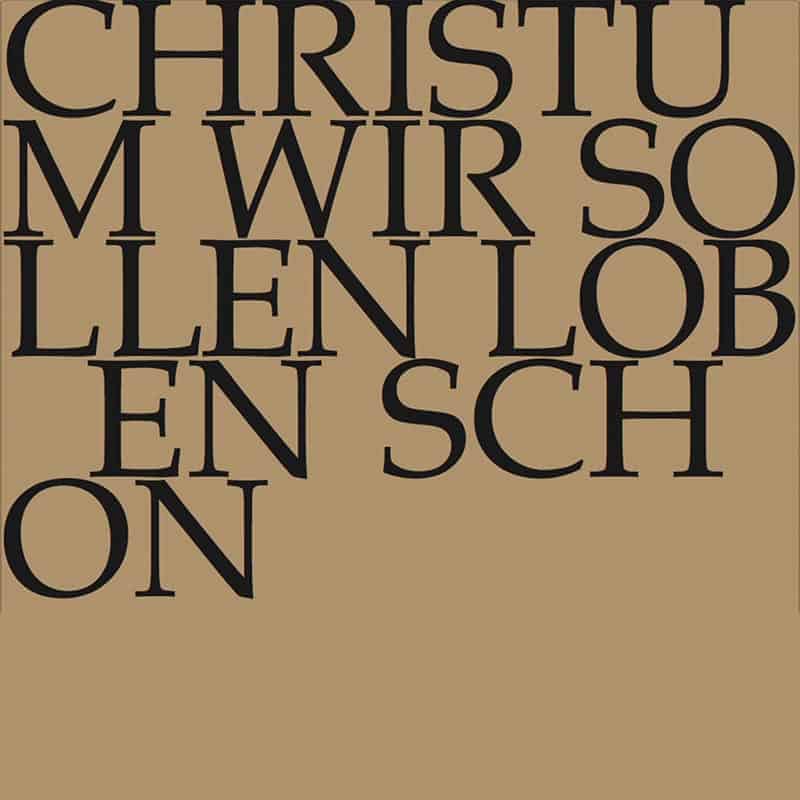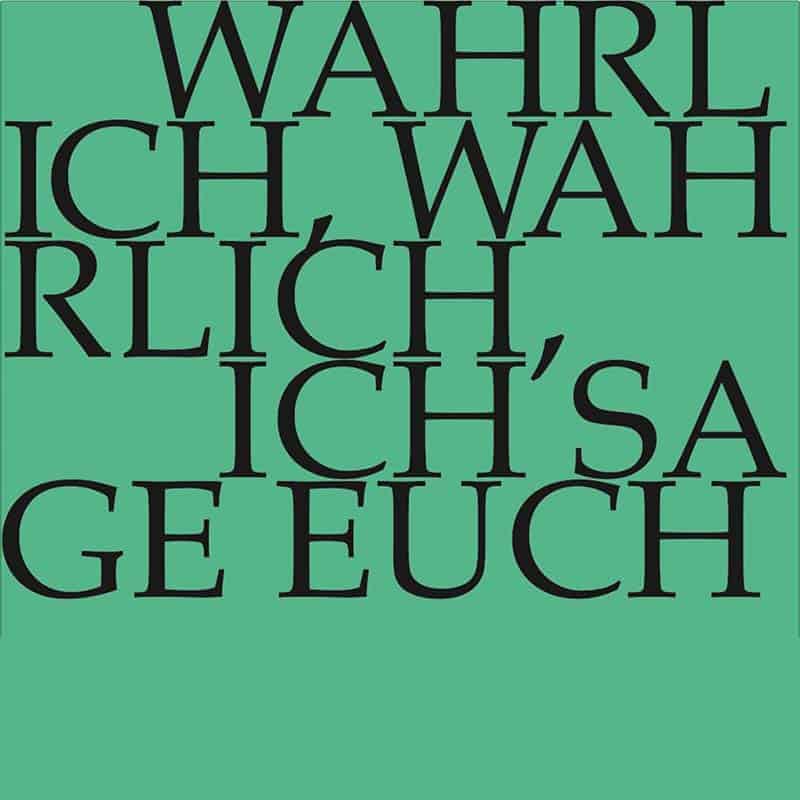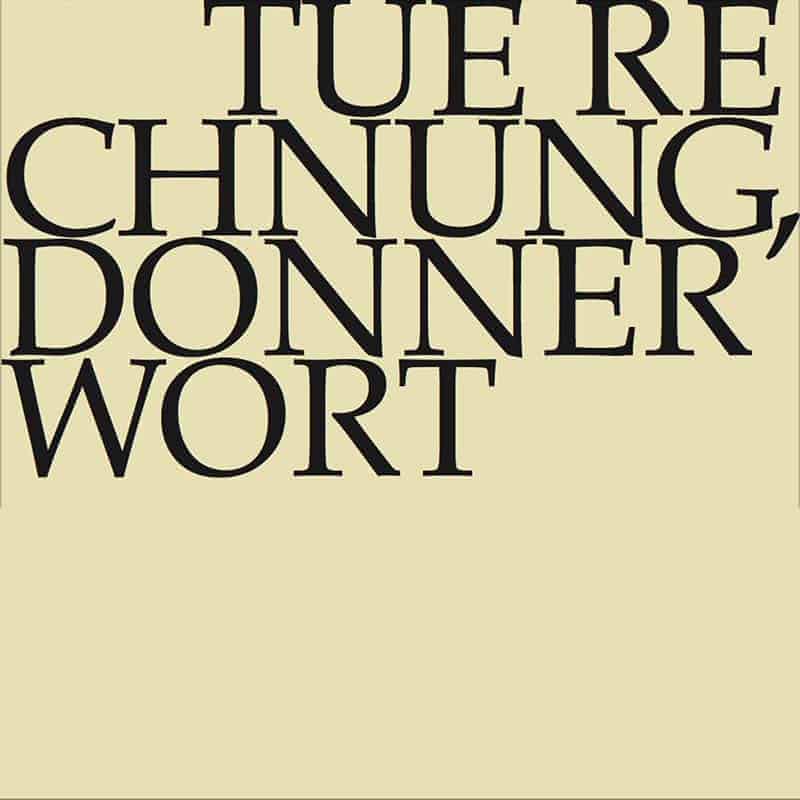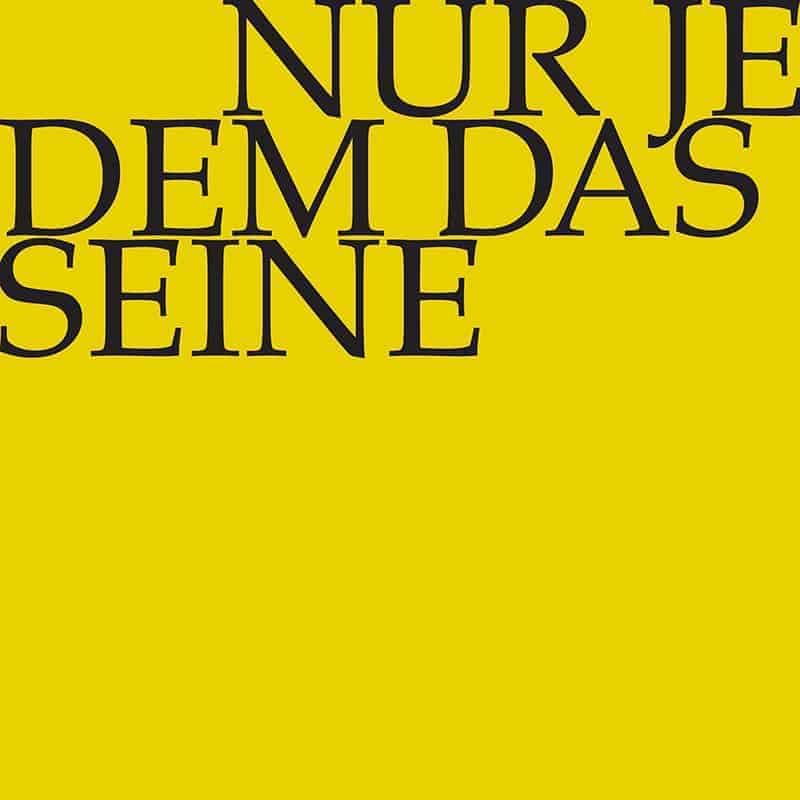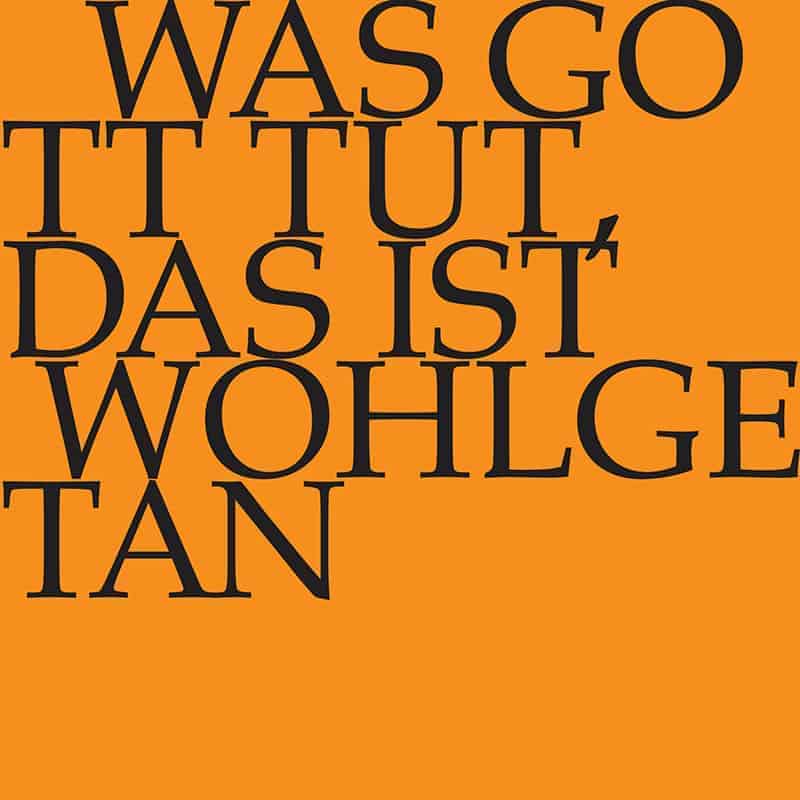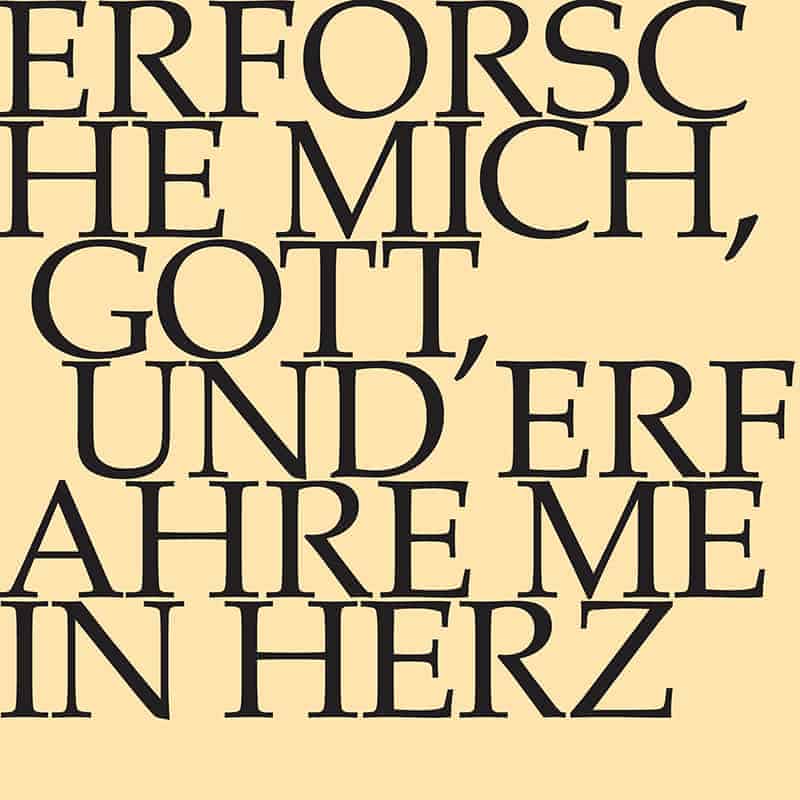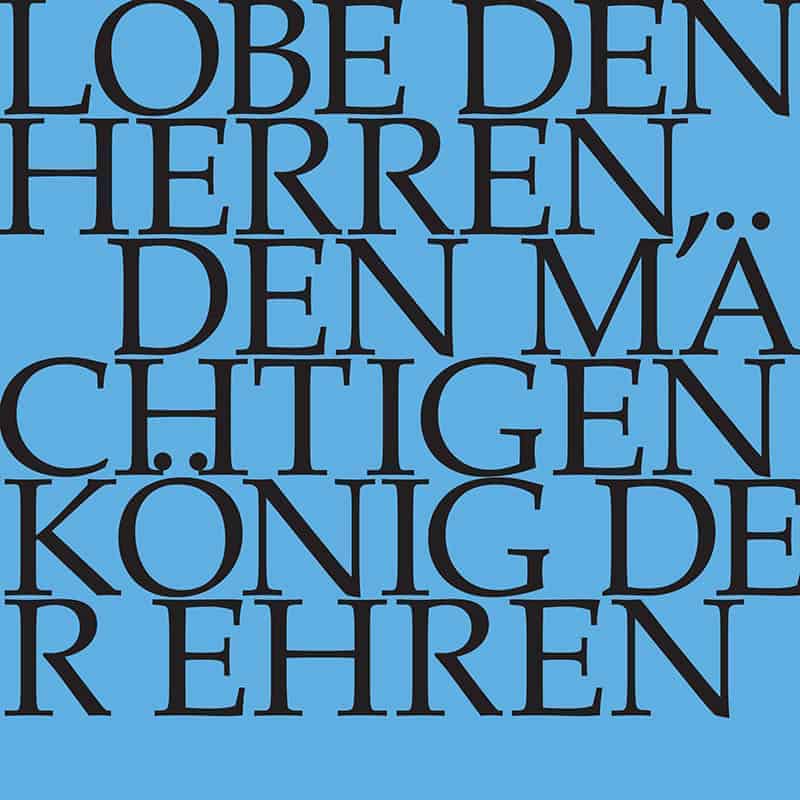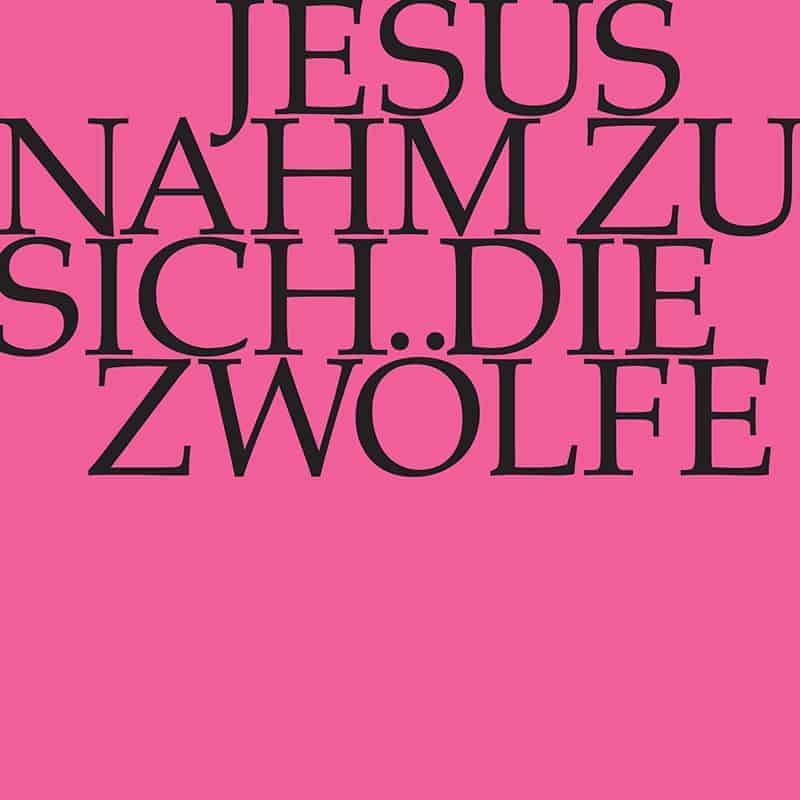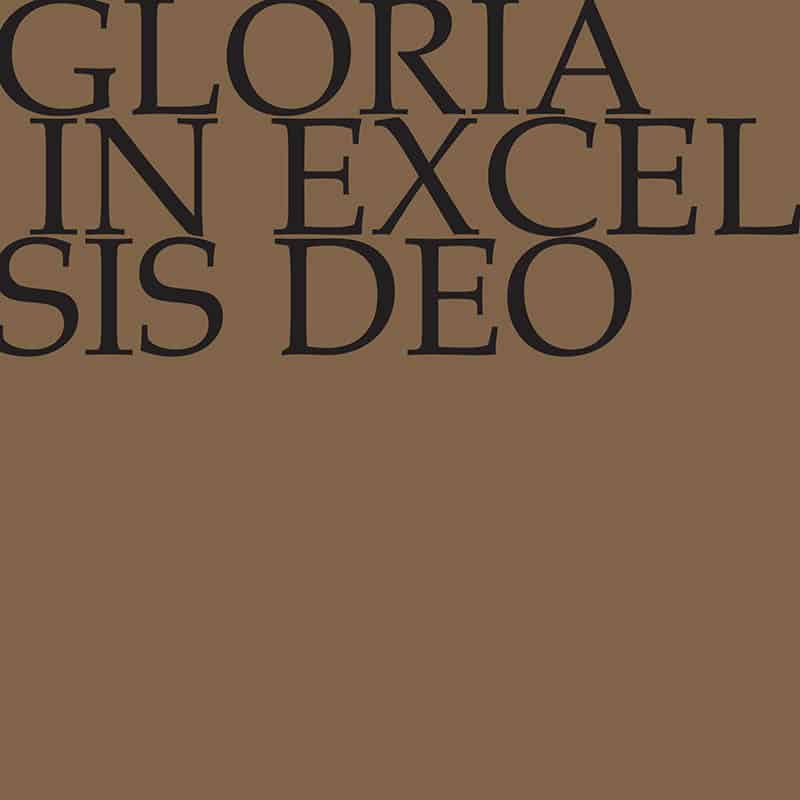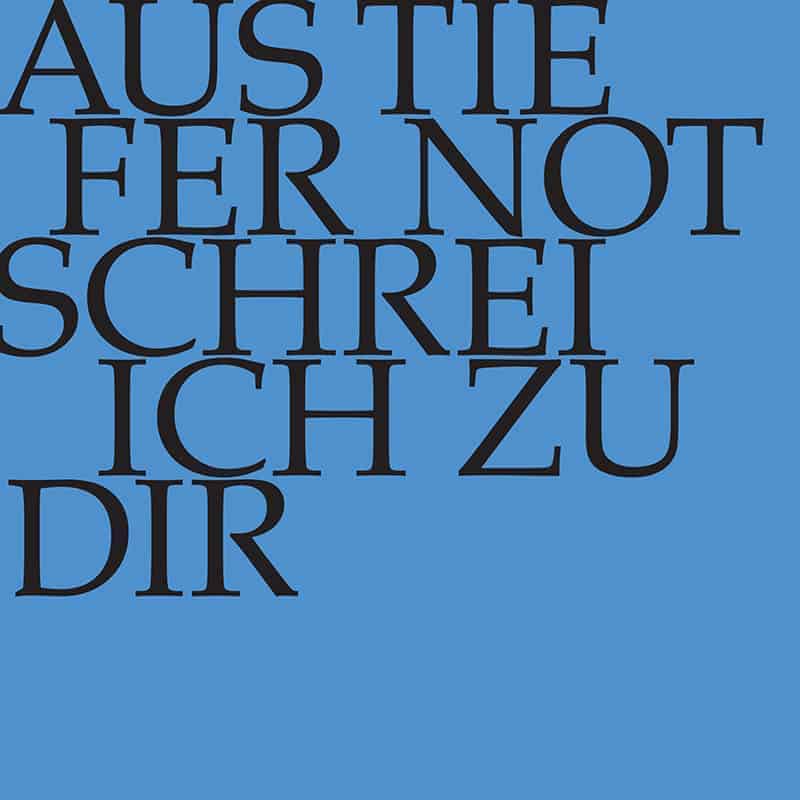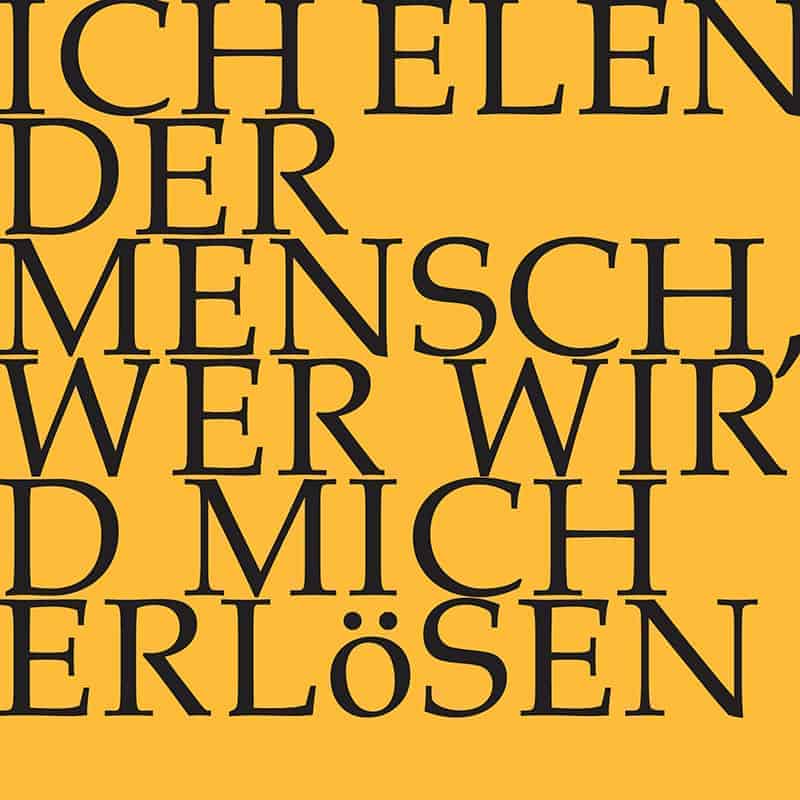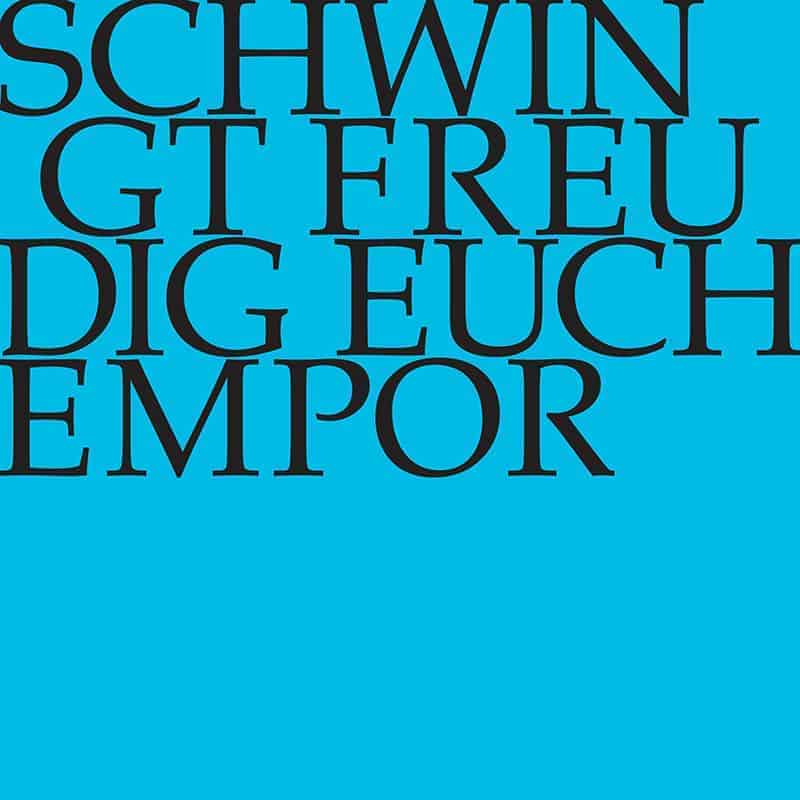(Sound, all ye drums now! Resound, all ye trumpets!) for soprano, alto, tenor and bass, transverse flute I+II, oboe I+II, timpani, strings and basso continuo The words “Jauchzet, frohlocket!” (Triumph, rejoicing!) open one of Bach’s most instantly recognised works: the introductory chorus of the Christmas Oratorio BWV 248, which is indeed a parody of the … Read More
Archives
Christum wir sollen loben schon
(To Christ we should sing praises now) for soprano, alto, tenor and bass, vocal ensemble, zink, trombone I-III, oboe d’ amore, strings and basso continuo Written for the Second Day of Christmas in 1724, the cantata “Christum wir sollen loben schon” (To Christ we should sing praises now) is distinguished by a stately tone and … Read More
Wahrlich, wahrlich, ich sage euch
(Truly, truly, I say to you) for soprano (vocal ensemble), alto, tenor and bass, oboe d’ amore I+II, bassoon, strings and basso continuo
Tue Rechnung, Donnerwort
(Make a reck’ning! Thund’rous word) for soprano, alto, tenor and bass, oboe d’amore I+II, bassoon, strings and continuo The cantata “Tue Rechnung! Donnerwort” (Make a reck’ning! Thunderous word), probably performed for the first time in 1725, numbers among Bach’s most dramatic compositions. Indeed, the work adopts an arresting tone from the opening phrase: in a … Read More
Nur jedem das Seine
(To each but what’s due him!) for soprano, alto, tenor and bass, violine I+II, viola, violoncello I+II, basso continuo The cantata “Nur jedem das Seine!” (To each but what’s due him!) BWV 163 forms something of a chamber-music pendant to the festive cantata BWV 119. This is not necessarily because it was composed in Weimar … Read More
Ich habe meine Zuversicht
(I have now all my confidence) for soprano, alto, tenor and bass, oboe I+II, taille, organo obbligato, bassoon and strings
Was Gott tut, das ist wohlgetan
(What God doth, that is rightly done) for soprano, alto, tenor and bass, vocal ensemble, horn, transverse flute, oboe d‘amore, strings and continuo Written for 17 September 1724, BWV 99 belongs to the substantial chorale cantata cycle of 1724/25, and is one of three cantatas all beginning with the same hymn. While it may be … Read More
Erforsche mich, Gott, und erfahre mein Herz
(Examine me, God, and discover my heart) for alto, tenor and bass, vocal ensemble, horn, oboe, oboe d’amore, bassoon, strings and continuo
Es ist euch gut, daß ich hingehe
(It is for you that I depart now) for alto, tenor and bass, four-part choir, oboe d’amore I+II, bassoon, strings and continuo
Lobe den Herren, den mächtigen König der Ehren
(Praise the Lord, the mighty King of honour) for soprano, alto, tenor and bass, vocal ensemble, trumpet I–III, timpani, oboe I+II, strings and continuo
Jesus nahm zu sich die Zwölfe
(Jesus took to him the twelve) for alto, tenor and bass, vocal ensemble, oboe, strings and continuo “Note: this is the audition piece for Leipzig” – this note by one of Bach’s Leipzig copyists on BWV 22 “Jesus nahm zu sich die Zwölfe” (Jesus took to him the twelve) confirms that this cantata was composed … Read More
Gloria in excelsis Deo
(Glory be to God on high) for soprano, tenor, vocal ensemble, trumpets I–III, timpani, flute I+II, oboe I+II, bassoon, strings and continuo. Bach’s Mass in B Minor belongs to his most famous works, yet the history of its composition remains beset with questions, mostly surrounding its puzzling revision and completion in the late 1740s. What … Read More
Wohl dem, der sich auf seinen Gott
(Blest he who self can to his God) for soprano, alto, tenor and bass, vocal ensemble, oboe d’amore I+II, bassoon, strings and continuo. The introductory choir to the chorale cantata “Wohl dem, der sich auf seinen Gott” (Bless he who self can to his God) demonstrates a particularly distinctive relationship between key, sound character and … Read More
Aus tiefer Not schrei ich zu Dir
(In deep distress I cry to Thee) for soprano, alto and tenor, vocal ensemble, trombone I–IV, oboe I+II, bassoon, strings and continuo. First performed on 29 October 1724, the cantata “Aus tiefer Not schrei ich zu dir” (In deep distress I cry to thee), opens with a motet-style introductory chorus underscored by trombones – a … Read More
Ich elender Mensch, wer wird mich erlösen
(A poor man am I; who will set me free) for alto and tenor, vocal ensemble, oboe I+II, bassoon, strings and continuo. In the introductory chorus to cantata BWV 48, Bach lends the wretched words of Paul, “A poor man am I; who will set me free from the body of this dying?” a musical … Read More
Schwingt freudig euch empor
(Soar joyfully aloft) for soprano, alto, tenor and bass, vocal ensemble, oboe d’amore I+II, bassoon, strings and continuo. Cantata BWV 36, “Schwingt freudig euch empor!” (Soar joyfully aloft), is a work of clarity and elegance that seems especially well-suited to the preparatory period of Advent – a time that, while not yet festive, still seems … Read More



